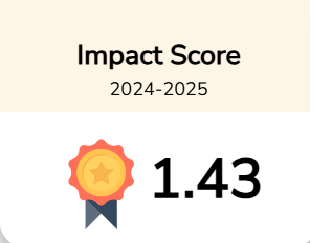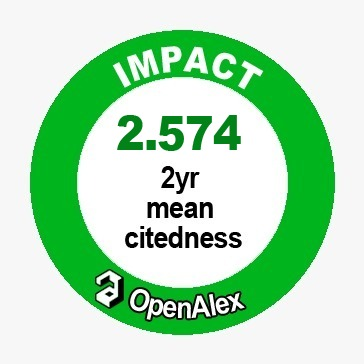The impact of college students' achievement motivation on subjective well-being: Self-efficacy as a mediating variable
Downloads
Purpose: The purpose of this study is to analyze the factors affecting college students' subjective well-being and the relationship between research achievement motivation, self-efficacy and emotional well-being among college students.
Design/Methodology/Approach: 1,082 students were selected from 10 universities in Guangxi Province using a convenience sampling method. Questionnaires were administered based on achievement motivation, self-efficacy and subjective well-being scales. The data were analyzed using SPSS 24.0 and AMOS 22.0.
Findings: College students' achievement motivation has a significant positive effect on emotional well-being. Self-efficacy acts as a mediator in the relationship between achievement motivation and subjective well-being.
Conclusion: Achievement motivation can stimulate positive actions and efforts in college students enabling them to face challenges and difficulties more confidently. Approving activities and increased confidence enhance students' self-efficacy improving their subjective well-being.
Research Limitations The interpretation of study results and inferences is constrained in sampling because of the time and expertise of the researchers.
Practical Implications: It is possible to effectively improve college students' subjective well-being by focusing on the development of achievement motivation, self-efficacy and social support.
Contribution to the Literature: This study further clarifies the influence of achievement motivation on subjective well-being and the mechanism of self-efficacy which is a supplement to the current research in this field at the same time. It also helps to enrich and perfect the research on achievement motivation, self-efficacy and subjective well-being of college students.





